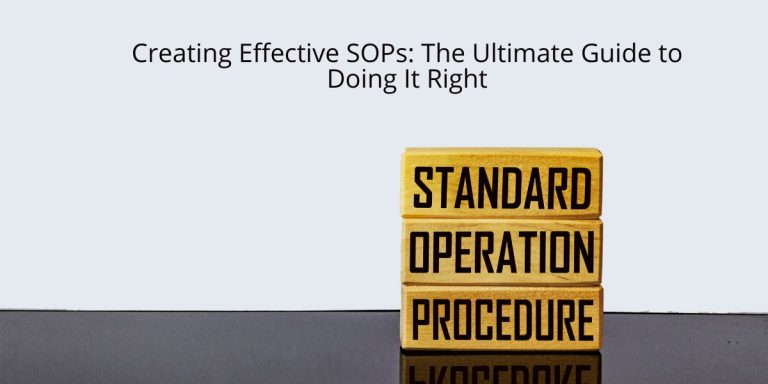6 Proven and Effective Ways to Improve Indexing on Google
Introduction: What does Indexation mean & Why is it Important?
Indexing is a process that allows for the retrieval of information from a collection of documents. The purpose of indexing is to create an organized structure that will make it easy for users to find what they are looking for. Indexes can be either manual or electronic. Manual indexes are created by hand and typically used in libraries, while electronic indexes are searchable databases that are used on the internet. There are many different types of indexes, but the most common are alphabetical, chronological, and subject.
Indexing is important because it helps people find what they are looking for more easily. It also helps search engines, such as Google, rank your website higher on the search engine result page.
We should index our website because it will help us get better rankings and be found by more people.
Ways to Improve Indexing:
1. Improve Website Crawling
Website crawling is an important part of SEO. By improving website crawling, you can improve your website’s indexing and ranking. There are a few things you can do to improve website crawling:
1) Make sure your website is properly formatted for crawling. This includes using proper HTML coding and ensuring that all links are properly formatted.
2) Use keyword-rich titles and descriptions for your pages. This will help the search engines understand what your pages are about.
3) Use robots.txt files to control how the search engines crawl your website.
4) Monitor your website’s crawl errors and fix them as soon as possible.
5) Optimize your website’s images and other multimedia content.
6) Use external links to help the search engines find other websites related to yours.
2. Optimize Your Pages for Rankings
There are many factors that go into ranking a web page. Here are some tips to help you optimize your pages for better rankings.
1. Make sure your title tag is keyword-rich and accurately describes the content of your page.
2. Make sure your meta description accurately describes the content of your page.
3. Include keywords in the body of your text, but don’t overdo it. A healthy balance between keywords and natural language will help you rank higher without looking spammy.
4. Use images and videos on your page, and make sure to include keywords in their file names and descriptions.
5. Include links to other relevant pages on your site, as well as to other high-quality websites outside of your own domain.
3. Use Structured Data Markup
Structured data markup is a system for adding semantic meaning to content on the web. It makes it possible for search engines and other applications to understand the content on web pages more accurately. This can help improve the visibility of your content in search engine results, and also make it easier for users to find what they’re looking for.
4. Improve Your PageRank
Google’s PageRank is the algorithm that determines the rank of a website on Google’s search results. It is used to measure a page’s relevance or importance.
The higher your site’s PageRank, the higher it will appear in search results. There are several ways you can improve your PageRank, but one of the most effective methods is to create high-quality content.
The main task of SEO tools is to help you optimize your website for better ranking and visibility on search engines like Google and Bing.
5. Be An Authoritative Site
It is not easy to rank in the top of the search engine for keywords that are competitive. There are many factors that contribute to a site’s ranking on Google. However, there are some main factors that have been identified by experts in the SEO field. For example, backlinks from authoritative sites and content with high readability will help your site rank higher than others in the search engine.
6. Avoid Cloaking
Cloaking is when you hide the text from the search engine, but show it to the user.
This is a bad practice because it can lead to spam penalties and poor user experience.
Cloaking is when you hide text from search engines, but show it to users. This is a bad practice because it can lead to spam penalties and poor user experience.
Conclusion: Start Using these Strategies for Better Indexation
There are many strategies you can use to optimize your content for better indexation.
The first strategy is to make the content easy to read and follow. This includes using subheadings, bullet points, and numbered lists. The second strategy is to use keywords in the title of the article. The third strategy is to include keywords in the body of the article.
The fourth strategy is to create a sitemap for your website with your most important pages listed on it.
The fifth strategy is to add a meta description that contains links back to other articles on your site and a call-to-action. The sixth strategy is that you should submit a sitemap link through Google Webmaster Tools, Bing Webmaster Tools or Yahoo Site Explorer which will tell search engines about all

